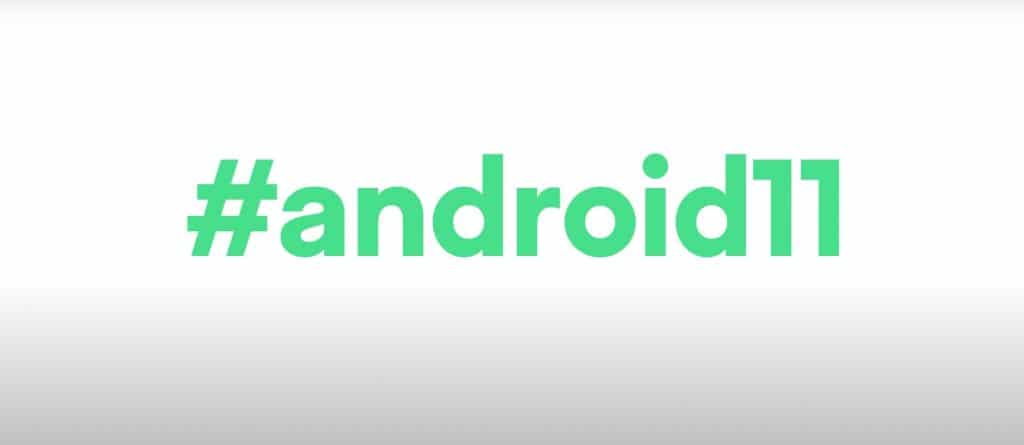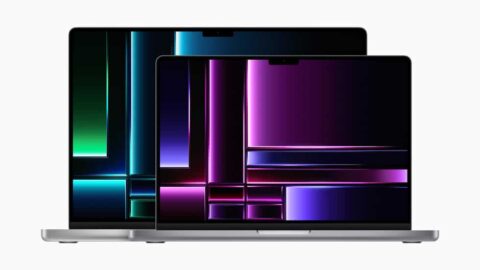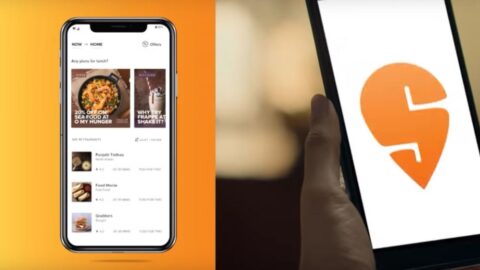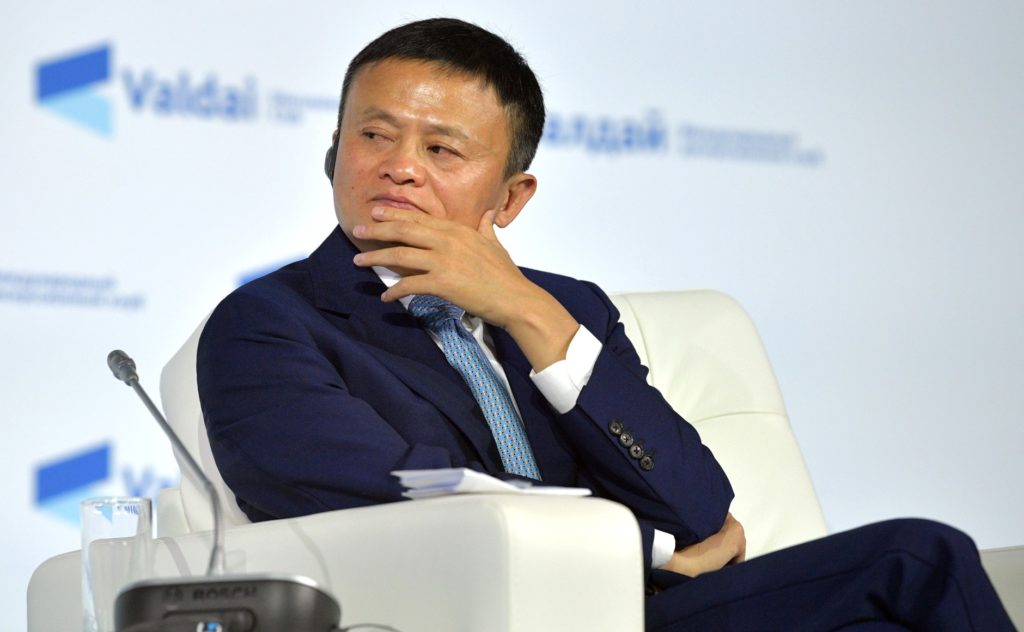 TheTechMedia.com/wp-content/uploads/2020/05/android-11-beta-show-1-300×130.jpg 300w, https://TheTechMedia.com/wp-content/uploads/2020/05/android-11-beta-show-1-768×334.jpg 768w, https://TheTechMedia.com/wp-content/uploads/2020/05/android-11-beta-show-1-1536×667.jpg 1536w, https://TheTechMedia.com/wp-content/uploads/2020/05/android-11-beta-show-1-800×348.jpg 800w, https://TheTechMedia.com/wp-content/uploads/2020/05/android-11-beta-show-1-1160×504.jpg 1160w, https://TheTechMedia.com/wp-content/uploads/2020/05/android-11-beta-show-1.jpg 1901w” sizes=”(max-width: 1024px) 100vw, 1024px”>
TheTechMedia.com/wp-content/uploads/2020/05/android-11-beta-show-1-300×130.jpg 300w, https://TheTechMedia.com/wp-content/uploads/2020/05/android-11-beta-show-1-768×334.jpg 768w, https://TheTechMedia.com/wp-content/uploads/2020/05/android-11-beta-show-1-1536×667.jpg 1536w, https://TheTechMedia.com/wp-content/uploads/2020/05/android-11-beta-show-1-800×348.jpg 800w, https://TheTechMedia.com/wp-content/uploads/2020/05/android-11-beta-show-1-1160×504.jpg 1160w, https://TheTechMedia.com/wp-content/uploads/2020/05/android-11-beta-show-1.jpg 1901w” sizes=”(max-width: 1024px) 100vw, 1024px”>Just a few days away from its official announcement, Google announced some new features for its latest Android iteration- Android 11.
The company confirmed that Android 11 will force all the apps (including third-party camera apps) on your smartphone to use the main built-in camera app for photos and videos even if you have set a different third party camera as your default. This feature has been announced in a bid to provide better security to its users and takes a book out of Apple’s playbook, which has been doing this for quite some time.
This means that if you want to use a camera on any app on your smartphone, you will be taken to phones built-in camera app instead of a third-party alternatives. However, popular apps like Snapchat, Instagram, and TikTok, that have built-in cameras, will still be able to take pictures without ever leaving the app. In essence, what’s changed is that in case an app needs to access camera functionalities of your phone (many apps don’t have a camera feature of their own), the OS will directly open up your built in camera instead of asking what app you want to use.
Other than that, not much has changed. You will still be able to use third party cameras separately by pressing on their icon, just not to service other apps. Apps will still be able to launch third party cameras but not be allowed to import any photos or videos from them. Moreover, user will still be able to use gestures like shaking their phone or double-clicking the power button to launch the camera app of their choice.
The major reason behind this update is that this will stop shady third-party apps from getting your location. Google is worried that these third-party apps(or at least some of them) might be secretly tracking users’ locations.
Understandably, the reactions from developers of these apps have not been positive, seeing how this update will make their apps less convenient to use. This is not a very big or drastic change but it will affect these developers in one way or another.
A certain popular third-party camera app developer has told The Verge that this new update is a “shame” and that it is going to turn them into “second-class citizens”.
In addition to this, Android 11 also has an interesting Android Auto update. All smartphones with Android 11 will be able to connect to Android Auto wirelessly. To be precise, “any smartphone with Android 11.0 and 5GHz Wi-Fi” will be able to connect to the car based platform automatically (and wirelessly), saving users a lot of hassle. Previously, to connect to android auto phones needed to be connected via USB to your car stereo, something that Android users had found revolting.
Recently, Google announced the integration of Google Calendar into the platform, thanks to the new calendar app, providing users access to all of the features that one expects from the Google Calendar while driving on their cars. Moreover, the company also introduced a new settings app which will now allow users to manage their preferences directly from Android Auto, without having to use the phone.





